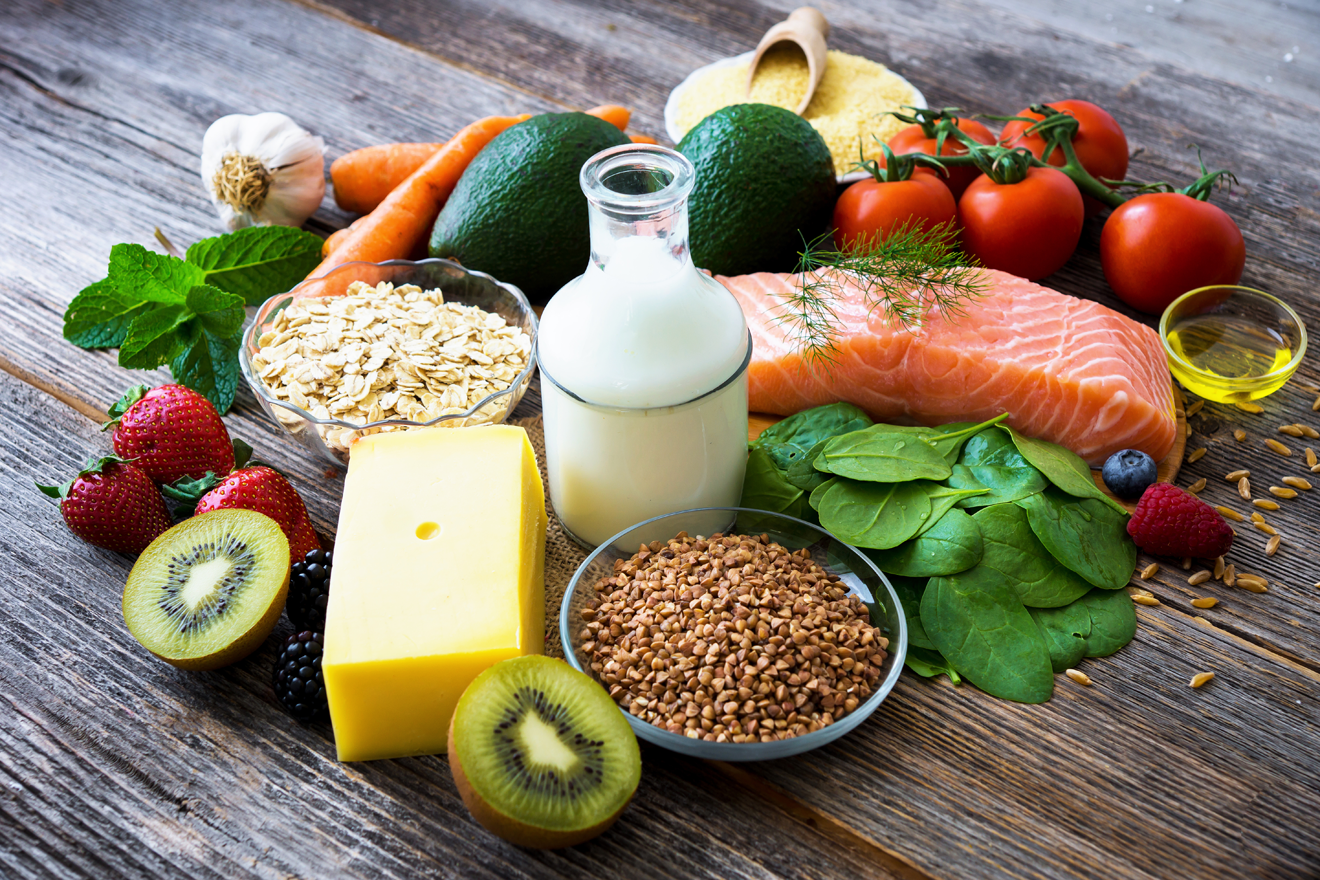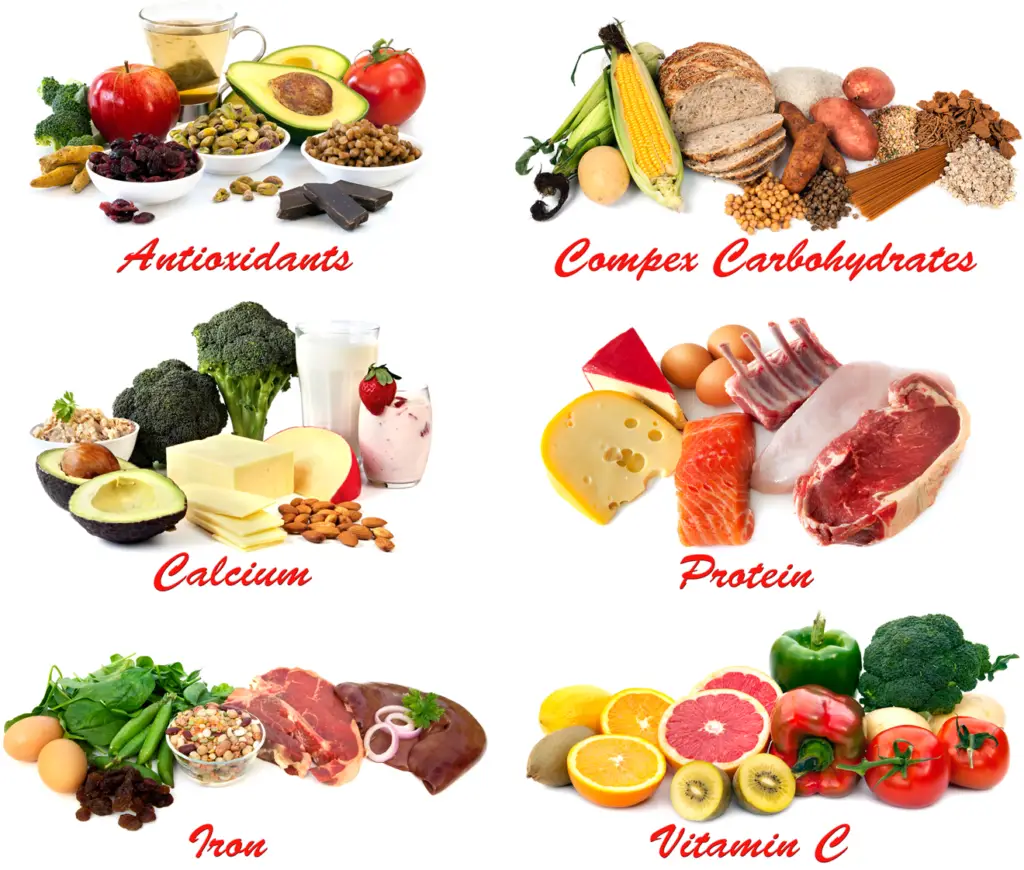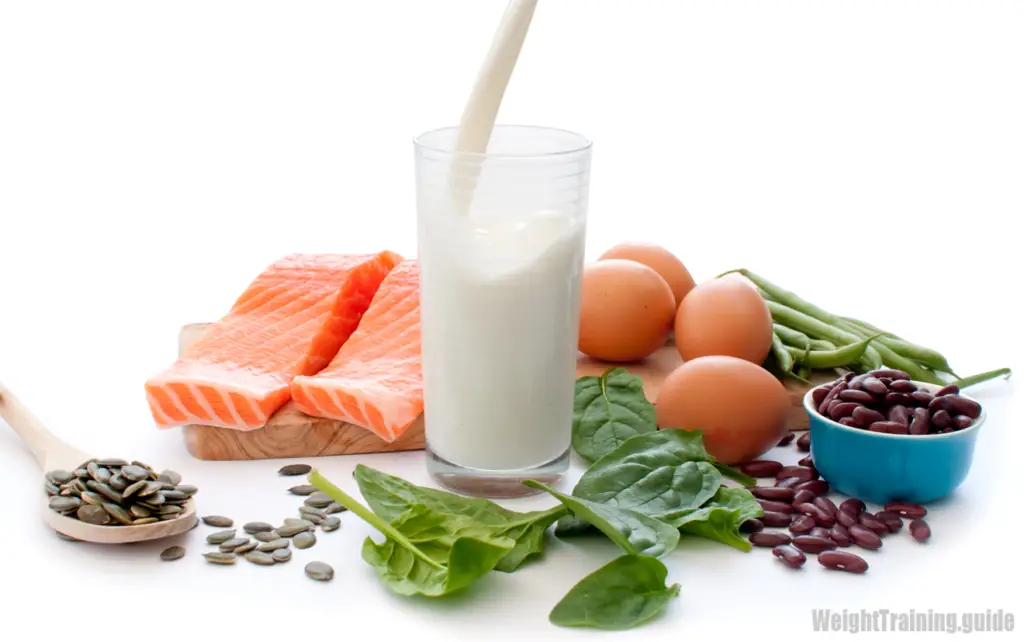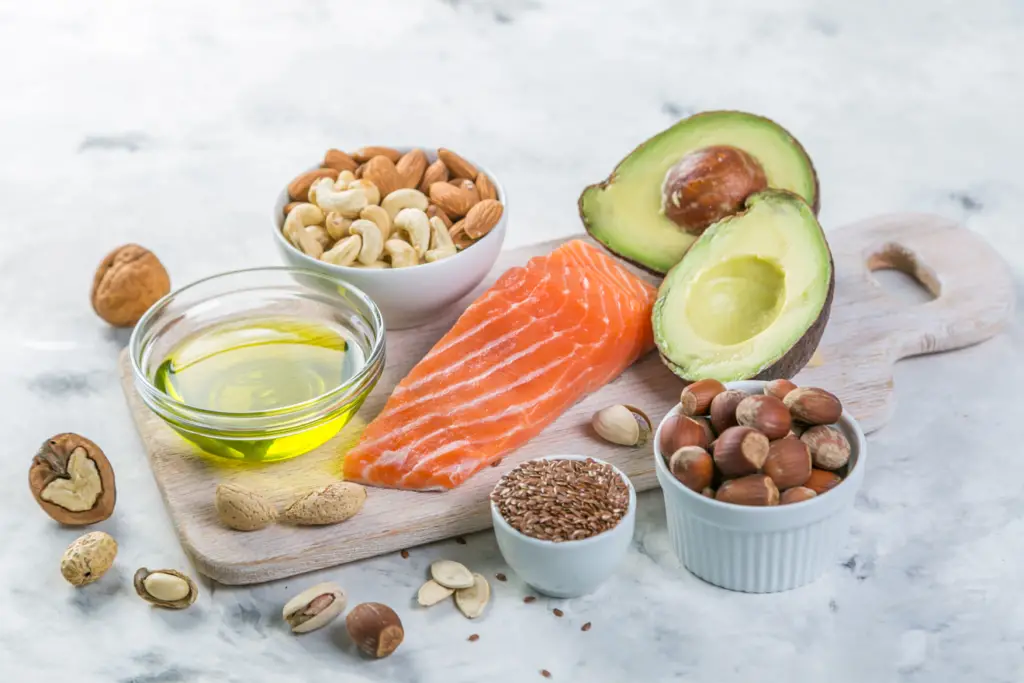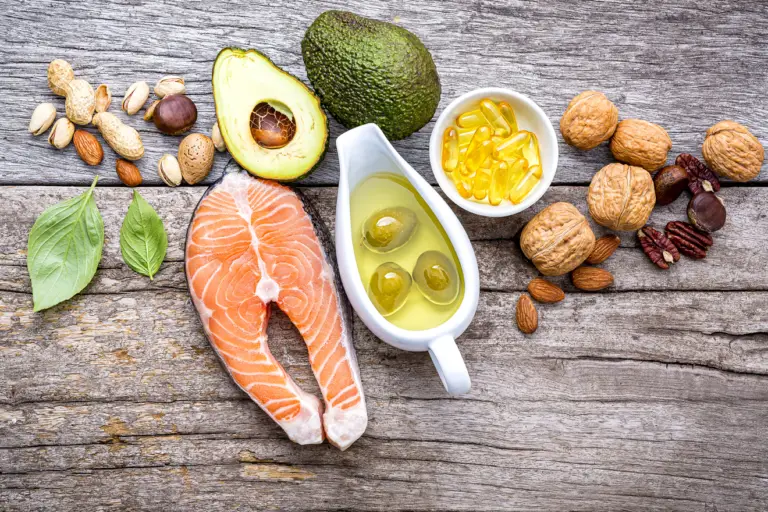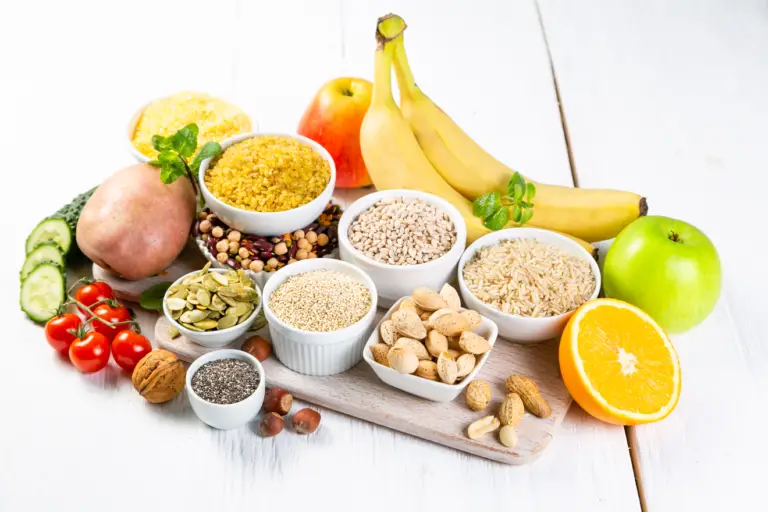Overview of nutrition
A decent understanding of nutrition is important if you want to maximize your weight training results. Along with following an effective training program and getting enough rest, adhering to an effective diet is one of the pillars of weight training success. Below I provide a general overview of nutrition, mainly as it relates to weight training. The subjects covered below are explored in much greater detail in subsequent articles of the Nutrition Guide.
What is nutrition?
Generally speaking, nutrition refers to the process by which living organisms take in and utilize food materials. The same word is also used to describe food itself and the science of dietary requirements for proper health and development.
Why is nutrition important for weight training?
Nutritious foods (Figure 1) are essential for energy, metabolism, health, fitness, growth, and tissue repair. In the context of weight training, they are very important for providing adequate fuel for your workouts and helping your body to recover and grow from exercise. Your workouts will damage your muscles. Your diet must provide the raw materials necessary to repair them, as well as build the muscles to make them stronger and less susceptible to damage.
The foods that you eat will significantly affect your results. For weight training success, it is essential to understand at least the basics of nutrition. Following nutritional guidelines will help you to achieve your goals, whether they are to maximize muscle growth (hypertrophy), lose weight, maintain weight, gain weight, or minimize the storage of fat during a bulking phase (a period during which you consume an excess of calories to maximize muscle growth).
Figure 1. Nutritious foods, including sources of antioxidants, complex carbohydrates, calcium, protein, iron, and vitamin C.
What do you need to know?
Gaining an understanding of good nutrition boils down to learning about seven key subjects:
- Protein
- Dietary fat
- Carbohydrate (including dietary fiber)
- Water
- Vitamins
- Dietary minerals
- Calories
Protein, dietary fat, carbohydrate, and water are called macronutrients (‘large nutrients’) because they are needed in large amounts. Vitamins and dietary minerals are termed micronutrients (‘small nutrients’) because they are needed in small amounts.
Protein
Protein (Figure 2) is essential for growth, immune function, and the construction of hormones and enzymes. It is used to repair, maintain, and build the muscle fibers that are damaged during workouts and can also act as an energy source in the absence of carbohydrate. To build muscle, you have to consume more protein than your body breaks down. An insufficient intake will result in slow strength and muscle gains or even loss of muscle.
Figure 2. Sources of protein.
Dietary fat
Dietary fat (Figure 3) provides the most concentrated source of energy. It is vital for absorbing certain vitamins (A, D, E, and K), maintaining cell membranes, and building muscle. Fat plays a vital role in the manufacture of testosterone, which is important for promoting muscular growth and increasing strength. Fat may also help to increase levels of insulin-like growth factor 1 (IGF-1), another key hormone that stimulates growth in muscle and strength.
Figure 3. Sources of fat.
Carbohydrate
Carbohydrate (Figure 4) is your body’s main source of fuel. If you don’t eat enough carbohydrate, when you exercise, you’ll fatigue sooner, and your muscle and strength gains will be reduced. On the other hand, if you eat too much carbohydrate, it will be stored as fat.
Figure 4. Sources of carbohydrate.
Dietary fiber is a carbohydrate that is incompletely absorbed by your body. It helps to keep your digestive system healthy by increasing the size and weight of your stool and helping it to move through your digestive tract.
Water
Water makes up nearly two-thirds of your body. It is important for maintaining the balance of bodily fluids, which is essential for every function and chemical reaction that occurs within your body. For example, water is used to transport nutrients into, and waste products out of, cells. It is necessary for proper digestion, absorption, circulation, and excretion, as well as the assimilation of water-soluble vitamins. Water also helps to maintain proper body temperature. Because it is lost as sweat during exercise, water must be adequately replenished.
Vitamins
Vitamins are organic chemical compounds that the body can’t synthesize in sufficient quantities and must therefore obtain from the diet. Common vitamins include vitamin D (which helps the body to absorb calcium, phosphate, and magnesium from food) and vitamin C (which is important for proper growth and development, maintenance of the immune system, and good vision).
Dietary minerals
Dietary minerals are inorganic chemical elements required by the body other than the four elements carbon, hydrogen, nitrogen, and oxygen. Some dietary minerals, such as iodine and fluoride, are only needed in tiny quantities. These are known as trace elements. Iodine is necessary for normal thyroid function and for the production of thyroid hormones. Fluoride helps to prevent tooth decay.
Other dietary minerals, such as iron and calcium, are needed in larger amounts. These are known as macrominerals. Iron is essential for numerous processes, including making the oxygen-carrying proteins hemoglobin and myoglobin. Calcium is important for strong bones and teeth.
Calories
Calories are the units of energy found in nutrients. The calories are expressed in kilocalories (kcal). Your body needs a certain number of kilocalories each day to fuel bodily functions and physical activities. If you consume fewer kilocalories than your body needs, you will lose weight; if you consume more kilocalories than your body needs, you will gain weight. Therefore, being aware of the number of kilocalories you take in is important and can help you to manage your weight.

